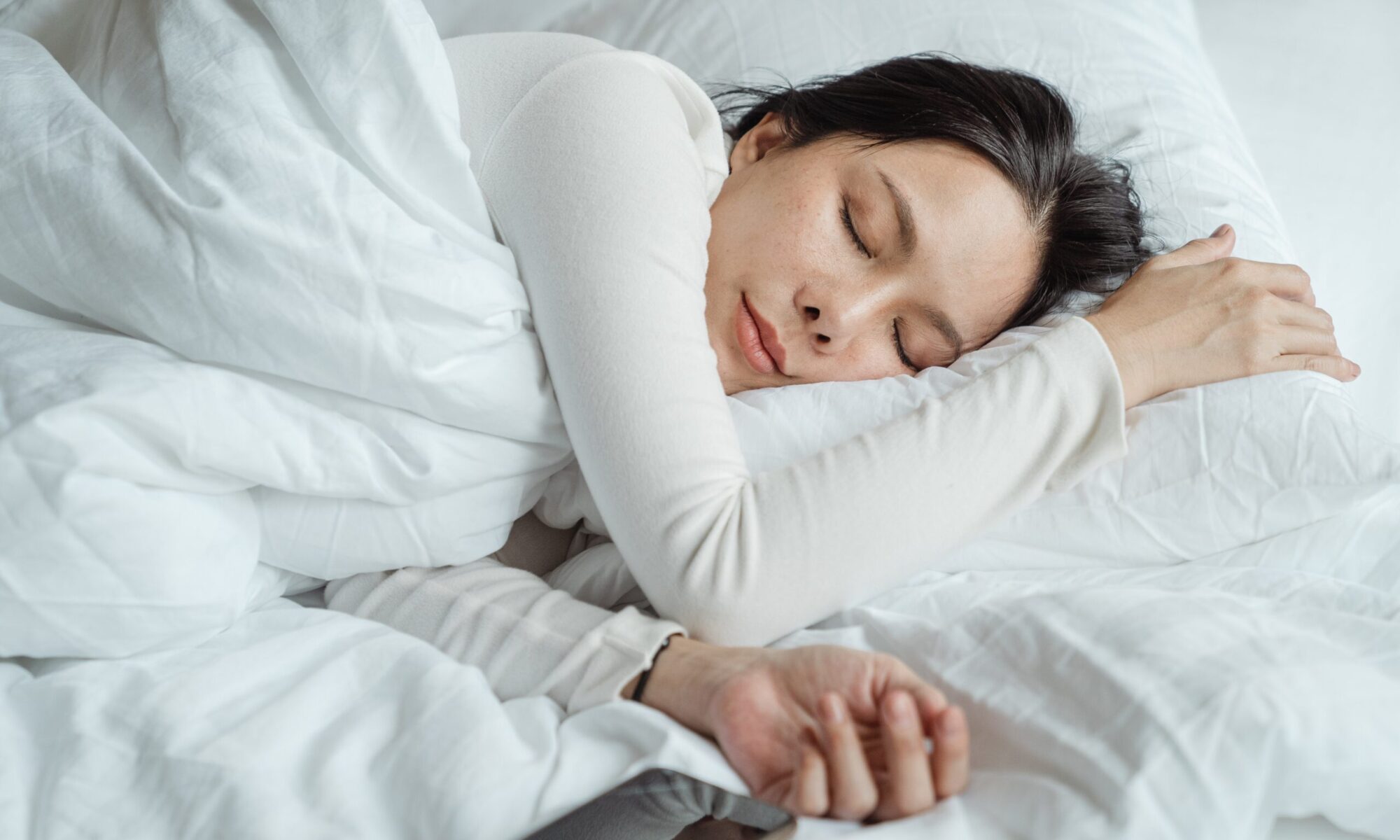A recent study performed in the US investigated the possible association of Obstructive Sleep Apnea, an upper airway dysfunction and COVID-19 a known upper respiratory tract pathogen.
Discussion – the results of a recent U.S. health-care system-based mortality and morbidity-study to identify sleep apnea as a risk factor for COVID-19 mortality and highlights the need for close monitoring of patients with Obstructive Sleep Apnea who become infected.
Outside of this study, common-sense dictates that the damage to nerves, blood vessels, connective tissue and cells, especially those of the protective surface of the airway (epithelium) does most likely increase vulnerability to COVID-19 transmission and infection.
Outcomes were based on a relatively long period of observation (median 31 days of follow-up) within a large health-care system serving a diverse population and high COVID-19 prevalence area.
Overall prevalence of sleep apnea, however, was lower than in community-based epidemiological studies, so there is possibly more rather than less of an association. Obstructive Sleep Apnea continues to be under screened, investigated, diagnosed or treated!
While associations were somewhat reduced after adjusting for body mass index (BMI), a common co-morbidity of sleep apnea, the magnitude of effect and underlying biological plausibility of pathways linking sleep apnea to COVID-19 related morbidity highlight the importance of improved efforts to recognize sleep apnea in individuals presenting with COVID-19 infection.
It is worthy of note that the present position with the American Academy of Sleep Medicine states that CPAP may have the potential to increase airborne transmission of the virus and that Dental Oral Appliances may present a solution to the current problem.
Given the urgent need to target mechanistic pathways underlying COVID-19 morbidity, research is warranted to understand whether sleep apnea-related hypoxemia, endothelial dysfunction, coagulopathy, inflammation, cardiac dysfunction. And other related pathologies contribute to the excessive COVID-19 Morbidity and Mortality observed in Obese, Minority and other individuals at risk for Obstructive Sleep Apnea.
My take-home: Further investigation is warranted, but it is probable that cellular damage to the upper airway from OSA (and heavy) snoring increases the opportunity of COVID-19 transmission and therefore, vulnerability. At this time the merits of oral appliance therapy over CPAP needs to be looked at more closely – as perhaps it should have been before.



